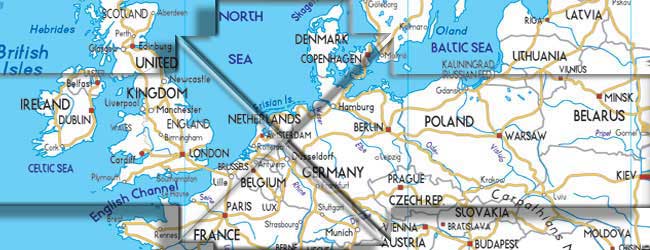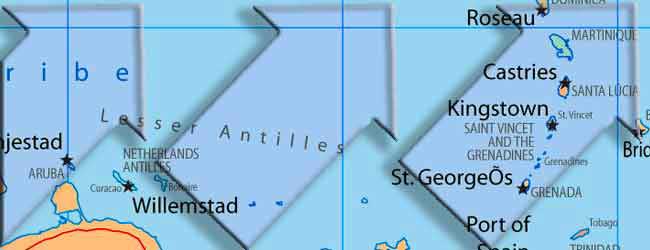Some people living in the Netherlands have also an income from abroad. Questions that arise are: Where do I declare the income from abroad? Abroad is also taxed, will I be taxed twice? If this is your situation, keep reading.
Income from abroad
If you live in the Netherlands, you must state your complete worldwide income in your tax return. Your income from abroad is also part of your worldwide income (for example income from employment or foreign property). The fact that you have to state your income from abroad does not always mean that you have to pay income tax on this in the Netherlands. If the right to levy taxes agreed upon under national and international regulations is assigned to another country than the Netherlands, you do not owe any income tax in the Netherlands on that income from abroad. In order to avoid having to pay income tax in several countries, you are entitled to an income tax relief in the Netherlands. This is called double tax relief.
The Netherlands has signed tax treaties with a large number of countries. A tax treaty is an agreement between two countries about which of them has the right to levy tax on given income. This is to avoid, having to pay taxes on the same income in two countries. The content of the treaties is not the same for every country, therefore you can only find out about the exact consequences for the levy of tax in the Netherlands by consulting the specific treaty relevant to your situation.
Income from Aruba, Curaçao and Saint Martin
If you have income from Aruba, Curaçao and Saint Martin, you must consult the Tax Regulations for the Kingdom, which set out the tax relations between the Netherlands and the (former) Netherlands Antilles and Aruba. The Tax Regulations for the Kingdom are not a tax treaty, though the application can be compared to this. Since 2010, there has been a separate regulation for Bonaire, St. Eustasius and Saba.
If you have income from a country the Netherlands has not concluded a tax treaty with, this does not automatically mean that you have to pay income tax on this in the Netherlands. In such cases, the 'Double Taxation (Avoidance) Decree (2001)' applies. The application of this decree means that situation in which you have to pay tax on the same income component twice is avoided. You are then entitled to an income tax relief in the Netherlands, the so called double tax relief.






